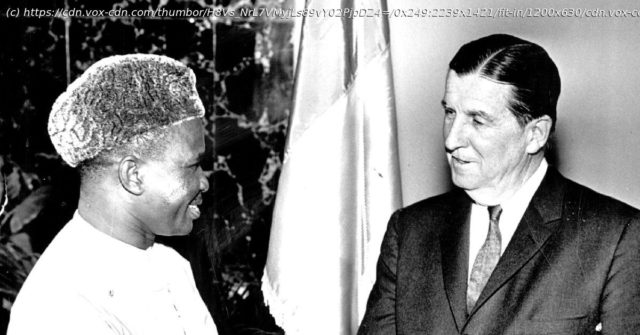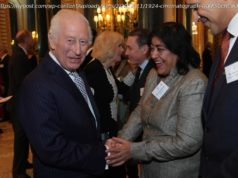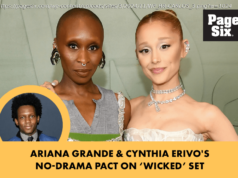Our enemies once did us a favor by pointing to our flaws, because that played a role in spurring us to be better.
Almost exactly 60 years ago, the newly appointed Chadian ambassador to the United States, Adam Malick Sow, was heading south on Maryland’s Route 40 toward Washington, D.C. He stopped at the Bonnie Brae diner and asked for a menu. The owner, Mrs. Leroy Merritt, sneered, “We don’t serve n—–s here,” and threw him out. The same thing happened to other African diplomats at other Maryland establishments, and it became an international embarrassment. President John F. Kennedy worried that this treatment of diplomats from Cameroon, Sierra Leone, Congo and other newly independent African nations would harm U.S. efforts to limit Soviet influence in Africa. The story, recounted in Ted Johnson’s exploration of race and history, “When the Stars Begin to Fall,” illustrates something that’s worth pondering: How much did Cold War competition spur us toward fulfilling our national ideals? Johnson notes that the steps toward integration following the “Route 40 Incident” did not go entirely smoothly. Several restaurants “demanded to see credentials before proffering meal service… loudly apologizing to white customers who had to endure eating alongside black diplomats.” And, of course, it would be several more years before African Americans could expect the same service as African ambassadors. The Cold War was the reason that Americans could be embarrassed by what had been routine for centuries. We were engaged in a contest with the communist world that was about everything. It was a great power rivalry for influence and resources. It was a military competition for supremacy. It was a religious war about belief in God versus atheism. And it was an ideological conflict about how to organize society and how to live.






